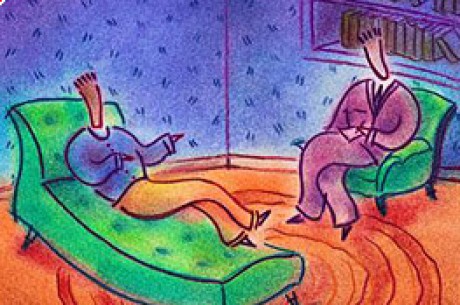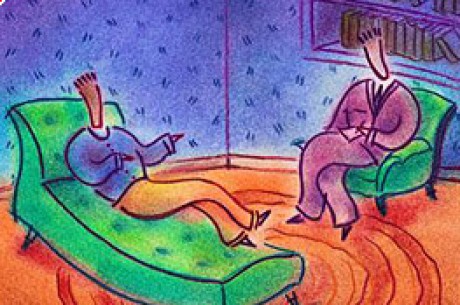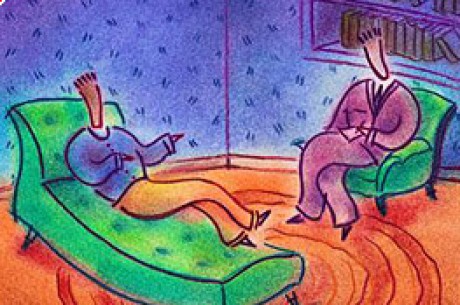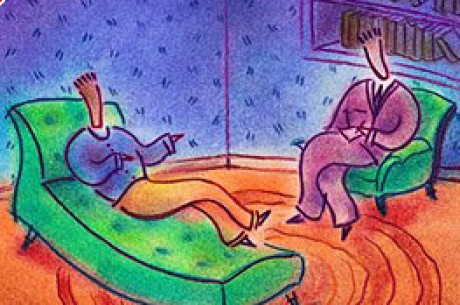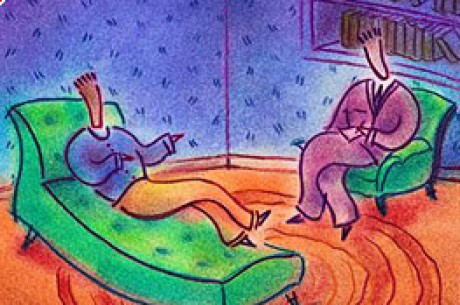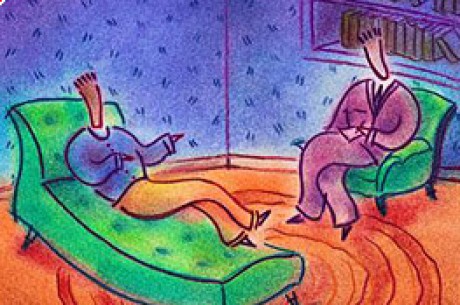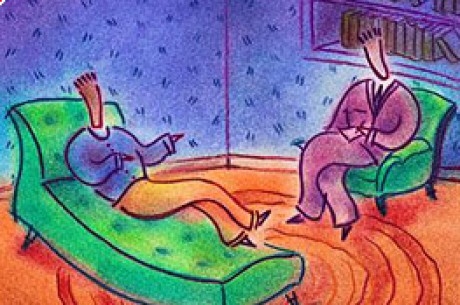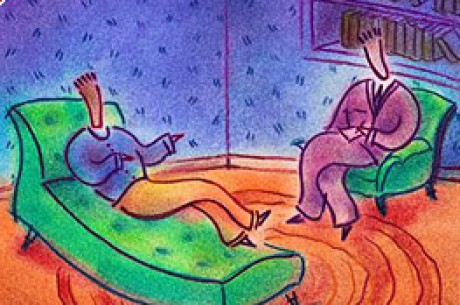The Poker Counselor's Corner (15)

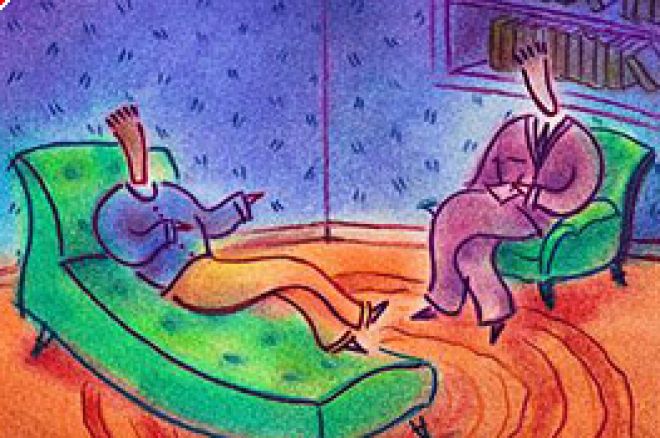
Editor's Note: In addition to being a poker enthusiast, gambling columnist, and lecturer, John is a National Certified Counselor (NCC) and practices in his home state of Pennsylvania. He has a Master of Arts degree in Counseling from West Virginia University, and a Bachelor's degree in Psychology with a minor in Sociology from Lock Haven University. You can arrange for interviews, speaking engagements, or ask your question to "the Poker Counselor" at [email protected].
Hello Poker Counselor. Do you have any tips that might help me to start reading others' cards? I'm getting better at my game, but I'm still playing my own cards more than I should be. I haven't yet figured out how to read what the other player may have. I realize this comes with lots and lots of experience, but are there any helpful hints you can give me to point me in the right direction? I am mainly asking about Holdem, and Omaha to a smaller extent. My reads are decent on other games. Thanks. -Emailed by Mark from Portland, OR
I find that many, many players are at the same point in this game as you are: moving away from playing your CARDS to playing your OPPONENTS! This is an entirely new level of poker. Welcome to the show, my man. Your first step to reading others involves understanding how we actually go about reading others. We naturally take on an automatic hunch on everything and everyone that we encounter based on past experiences and learning. We call this psychological principle Attribution --- you attribute characteristics onto everything that you encounter. I hate to sound politically incorrect, but the reality is we do pass judgments (judging books by their covers is natural). After the initial judgment, the mind usually then looks for evidence to support the first hunch. This can be a costly habit at the table. You see, when we search for evidence to prove ourselves correct on our initial judgment we often overlook or discount information that may lead us in another direction. In other words, if your initial reaction to a big raise is, "Nahh, he's bluffing," you will start looking for evidence that he is indeed bluffing. You are essentially trying to convince yourself to believe in that first guess (some people refer to this as instincts). That leads us to those "Oops" moments where you were 100% incorrect in the judgment. So, a major key in catching accurate reads is combating our habits of automatic attribution. Take time to think through all of the incoming clues: bets, calls, behavior, past history, table image, etc. One big suggestion I always have is to look for changes in actions and behaviors when reading others. Of course, the first step in doing this is observing your opposition to get a baseline read (baseline=normal behavior). Get this baseline by observing them in early hands, observing them when they are not in a hand, and even observing them when they are away from the table (if possible). If opponent "A" is normally quite confident or boisterous but suddenly looks meek and is quiet after a raise, that may mean that he is posing for a reaction. With the meek equals strong usual tell structure, he may be betting a monster. Take in all cues and clues that are available, challenge your automatic reactions, and think analytically before making your move. Did he suddenly stop riffling his chips? Did he quickly become very aware of who's turn it was to act? Soon this procedure will become comfortable and more accurate, and you will be reaping more profits at the tables.
Poker Counselor, Why are all of these idiots calling all-in's with junk during online games? They seem to hit their long shot hands against me all the time. It is crazy. - Emailed by Huckabee
I think you answered your own question within the first two sentences of your question, really. Low limit players are often very inexperienced and are playing for fun, not expecting huge profits. You wrote that "They seem to hit their long shot hands against me all the time." To them, they are also seeing that their long shot hands hit some of the time, too. That is WHY they call, because they sometimes do win. The adrenaline rush of hitting (or even missing) their straight or flush draw is more important than the risk of the couple of bucks that they've put up to play. The "what the hell, let's gamble" mentality takes over as they press the call button. The impersonal, shaded nature of the internet game only helps to promote this gun-slinger idea. After hitting an occasional lucky hand, these players are only more likely to call the next time a drawing hand arises. Like Pavlov's dogs that were conditioned to salivate at the sound of a ringing bell, these players become conditioned to call under such circumstances.
KEEP THOSE QUESTIONS COMING! [email protected] or the www.pokernews.com forum.
Ed Note: Heads up is the purest form of poker. Great heads up action always at Pacific Poker

